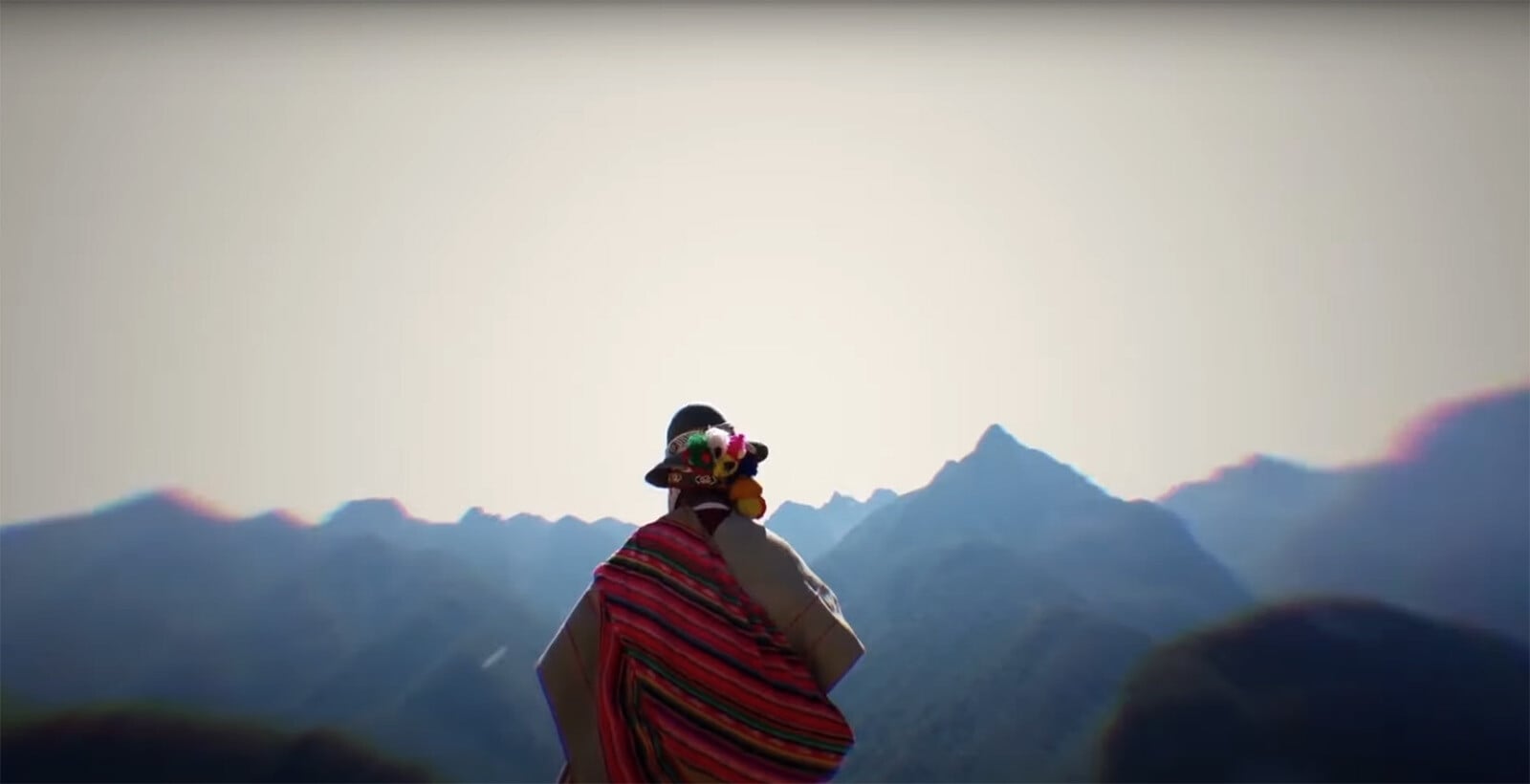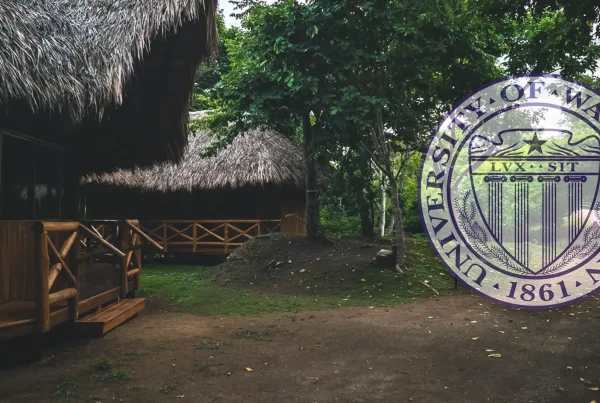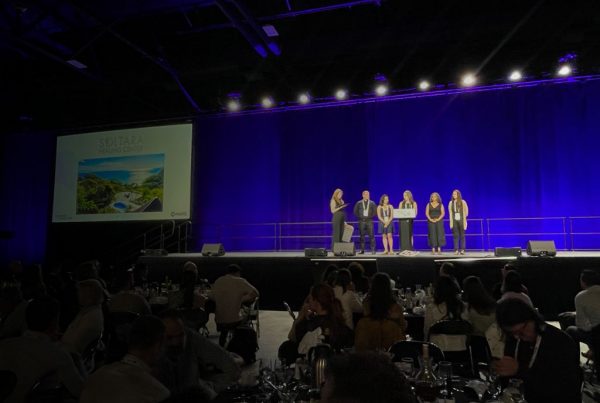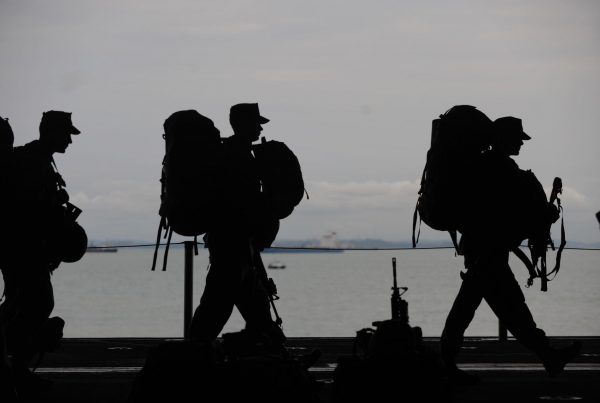What we can learn from this intersectionality, including 3 ways chaplaincy can support psychedelic care.
A conversation about psychedelic (or mystical) experiences is incomplete without religion, and vice versa. How these two ideas are interconnected and why their inseparability matters in the realm of healing is core to Chacruna’s latest Religion & Psychedelics Conference. Recently, Soltara’s co-founder Melissa Stangl traveled to San Francisco to attend this incredible 3-day gathering of 68 thought leaders and top experts in the field. We’re so grateful to Chacruna (a Soltara Community Partner for years) for their leadership in the psychedelic and plant medicine space – unparalleled in their vision to preserve, protect and value these sacred medicines as part of our shared cultural identity and integrated into our social, legal and health care systems.
Why is a conference like this so crucial at this time? As psychedelics continue to mainstream, grab headlines and make commercial waves, anchoring the spiritual and religious roots of psychedelics becomes a high priority. Only by uncovering the religious influences and re-establishing a healthy (and the very least, open) relationship to religion’s role in the development of psychedelics can we address the big elephant in the room – what award-winning journalist and author Erik Davis calls, “the dimension of the sacred and our relation to it.” Our capacity as individuals and society to do this rests on broadening our inquiry beyond mainstream religion (like Christinaity and Judaism) to the whole of wisdom, spiritual traditions and the kinds of traditional practices associated with them.
 If you’re feeling uncomfortable with the mere mention of the word “religion,” you are not alone. The complicated history of religion is precisely why a whole conference was dedicated to the topic – and also, to give more air time to the sacred medicines and contexts responsible for the kinds of healing we see at Shipibo-led centers like Soltara. The common denominator of these mystical experiences? Transformations are happening in droves outside of Western medical models of care, because oftentimes, this very model is unequipped to provide the emotional and spiritually-integrated care needed so urgently in these times.
If you’re feeling uncomfortable with the mere mention of the word “religion,” you are not alone. The complicated history of religion is precisely why a whole conference was dedicated to the topic – and also, to give more air time to the sacred medicines and contexts responsible for the kinds of healing we see at Shipibo-led centers like Soltara. The common denominator of these mystical experiences? Transformations are happening in droves outside of Western medical models of care, because oftentimes, this very model is unequipped to provide the emotional and spiritually-integrated care needed so urgently in these times.
While these panel talks are endlessly provocative, three sound bites in particular really captured our imaginations:
“We know hippies across the United States formed their own discreet psychedelic churches…however, scholars have yet to investigate the differences and similarities that made these churches a unified movement.” – Dr. Christian Greer
“Will Christians accept psychedelics as a healing modality for those living with mental illness, addiction and fear of dying? Will they embrace psychedelics as a spiritual tool for occasioning a direct experience with God? I believe the answer to both questions is yes.” – Reverend Hunt Priest
“What does chaplaincy have to offer in psychedelic care and therapies?” – The Emerging Field of Psychedelic Chaplaincy Panel
For the purpose of today, we’ll probe the last question more deeply.
For the rest, check out the replays here!
What we stand to gain from the emerging intersection of religion and psychedelics
In his powerful opening remarks, Erik Davis raised an important point. One of the biggest challenges in psychedelics mainstreaming will be to understand who and what model of care is best equipped to guide people during mystical experiences. What are the training programs and contexts best suited for everyday people looking to heal with psychedelics, whether to quit a smoking addiction, manage end of life anxiety or to grieve the loss of a loved one? Thankfully, a truly incredible panel called “The Emerging Field of Psychedelic Chaplaincy” shed some light on this very question. In thinking about emerging and ethical psychedelic models of care, they explored all that chaplaincy has to offer along with their current limitations.
To start, it’s helpful to note what a chaplain is both traditionally and within the psychedelic context. Historically a member of the clergy, their scope has expanded and increased in modern times. More recently, “they are known to tend to individuals within private institutions, the military, hospitals, hospices, prisons, universities, and beyond. Chaplains are often deeply involved in supporting birth, end-of-life care, and other types of naturally occurring non-ordinary states of consciousness, providing spiritual, pastoral, religious, and ethical care in secular institutions.”
Three ways chaplaincy can support psychedelic care

- Multidisciplinary approach to care – One of the panel experts from Berkeley’s Graduate Theological Union illuminated three trends underpinning the chaplaincy’s focus and approach to care – people are moving away from organized religion on the whole, people are drawn to more than one source of spirituality, and interfaith marriages are becoming the new makeup of the modern American family. All that to say, while chaplains are typically trained in different competencies, there’s still a need to train chaplains on how to interface with other religions outside of their own. After all, growth doesn’t happen in our comfort zones with the people most like us.
- Shift from drug efficacy to experience efficacy – The strength of our mystical experiences mediates our therapeutic outcomes, making a strong case for us to reimagine the scope of efficacy. One of the panel speakers advocated for a shift away from drug efficacy to “experience efficacy,” by centering the question – what meaning can you make from the experiences you have on psychedelics? By bridging Western medical paradigms with the full force of professional religious and spiritual care, we have a better shot at supporting people confronting life’s biggest questions and moments. Some of those questions might also include: Why do we suffer? How do we heal? What is life’s meaning in the end?
- Bring forward what is most pressing in the moment – No two psychedelics experiences are alike, and the range is infinite, including intense distress, powerful understandings and an overwhelming sense of awe to name a few. In much the same way, when a person experiences the death of a loved one, the way grief is expressed varies depending on cultural background and life experience. Chaplains are trained to honor each person in the moment, support them in a non-invasive (versus overly directive) way, and create a safe and secure container for the person to experience the fullness of their journey. This includes empowering people to share their own story whether in a hospital or psychedelic therapeutic setting. They can do this even without having had a psychedelic experience of their own.
In peeling back the layers of a collectively complicated religious past, we can start to uncover the profound influence religion has had on psychedelics, and psychedelics on religion. We’ve only begun to scratch the tip of the iceberg of this intersectionality. As the burgeoning field of psychedelic healing continues to take off, let’s not forget the importance of HOW to integrate these sacred medicines with the right spiritual-religious models and ethical considerations. The future of healing (and its sustainability) depends on it.
Be sure to check out the conference replays here!




